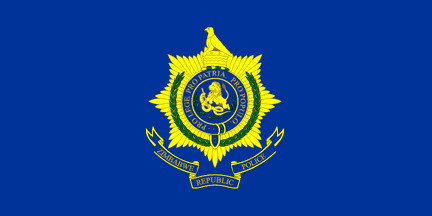Own Reporter
THE recent rains have sparked a flurry of urban farming set to transform most of Masvingo City’s open spaces into greenery.
Urban farming has seen increasing numbers turning to the practice since the advent of the outbreak of Covid-19, which spawned a nationwide lockdown that saw many finding themselves with ample idle time while others lost their sources of income and livelihoods.
Some urban farmers have experienced decent harvests over the past two seasons and this has encouraged many others from the Ancient City’s residential suburbs to join and create lots around the city, especially along Mucheke and Shagashe rivers and other smaller streams, creating a problem for the Masvingo City Council.
“My harvest from last season’s crop gave me enough to sustain my family of seven up to the end of September before I started buying maize grain to grind for maize-meal,” explained George Mutanga from Rujeko suburb, adding that a number of his friends were angling to join him in urban farming this season.
However, a clash seems to be looming between the urban farmers and the Masvingo City Council, which has warned residents that they risk the wrath of the local authority because of stream bank cultivation and along road verges, cemeteries, within municipal premises and Rujeko D pegged stands.
In a public media notice, the local authority warned that action would be taken against people defying the warning. In the past, despite such warnings, residents have defied the local authority and gone on to plant in virtually most open spaces around the city, including on newly dug up soils of the Mucheke Main Trunk Sewer which runs along Mucheke River, where the crops seemed to perform exceptionally well.
“The city is empowered by Government statutes under Environmental Manager Act Chapter 20:27 as read with Statutory Instrument 7 on Environmental Impact Assessment and Ecosystem protection Regulation, which prohibits agricultural activities within 30 metres from the highest flood levels of any wetland and water body – be it a dam, lake, river, stream or weir. That is, any cultivation along the river or any other streams should stop, and failure of which the city will move in and slash their crops,” reads part of the notice.
“The practice contributes much to the siltation of our rivers and other raw water sources, reducing their capacity. Some people use fertilisers which hinder treatment processes, making water treatment more expensive for the city and ratepayers.”
The council said that, in conjunction with EMA, it would be gradually putting measures to ensure the reduction of the pollution load into the city’s water sources to protect the environment.











